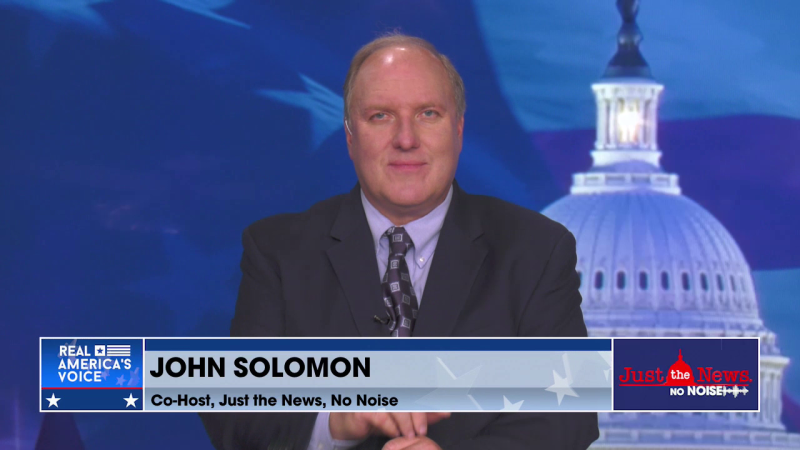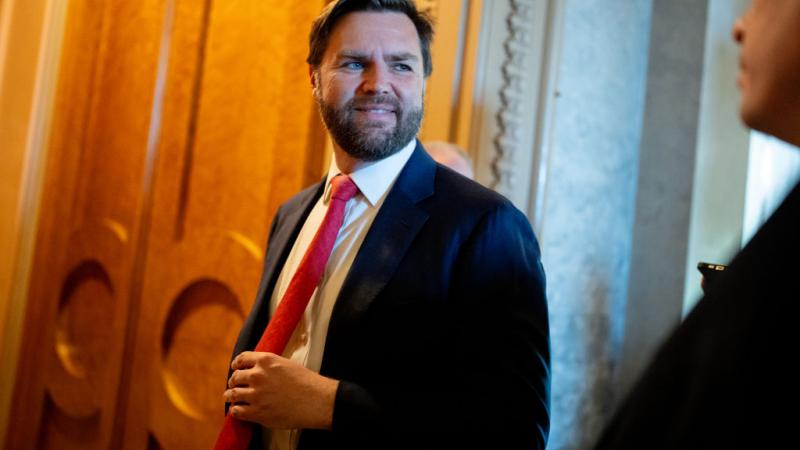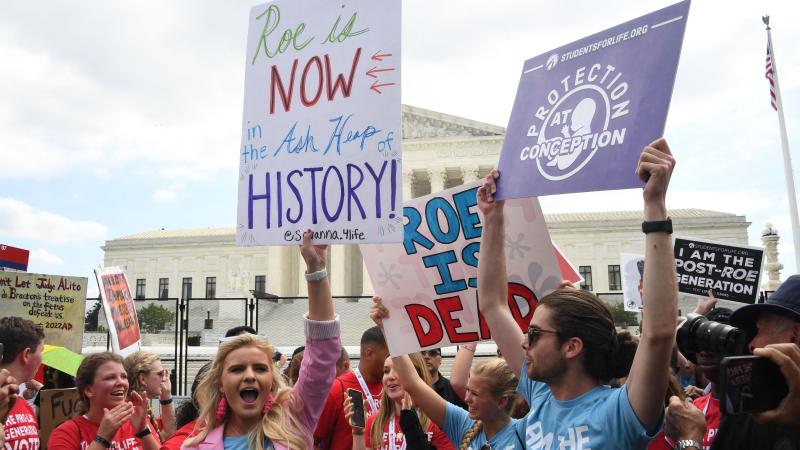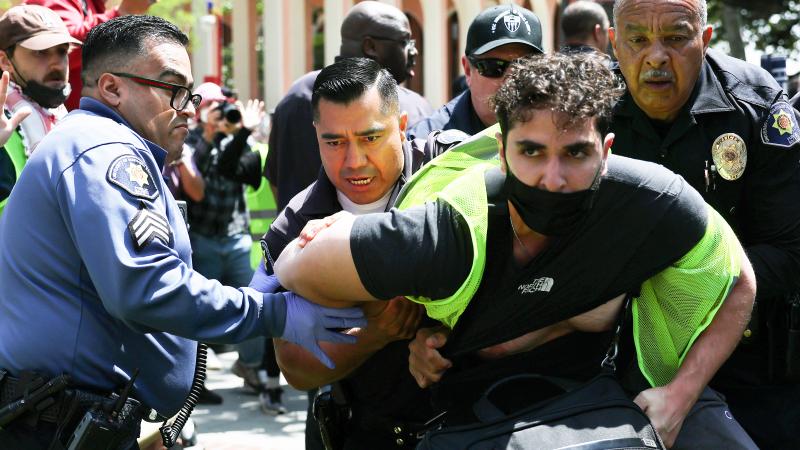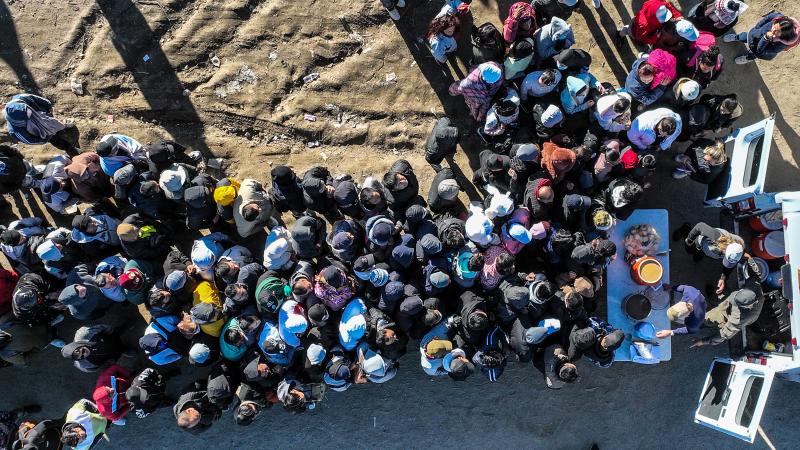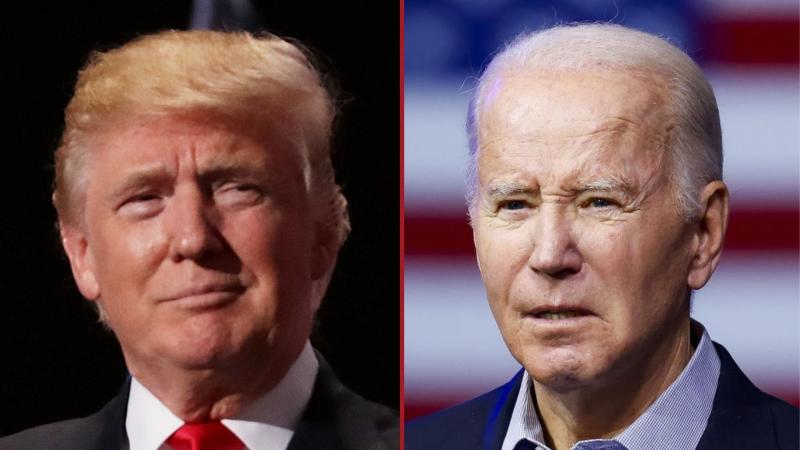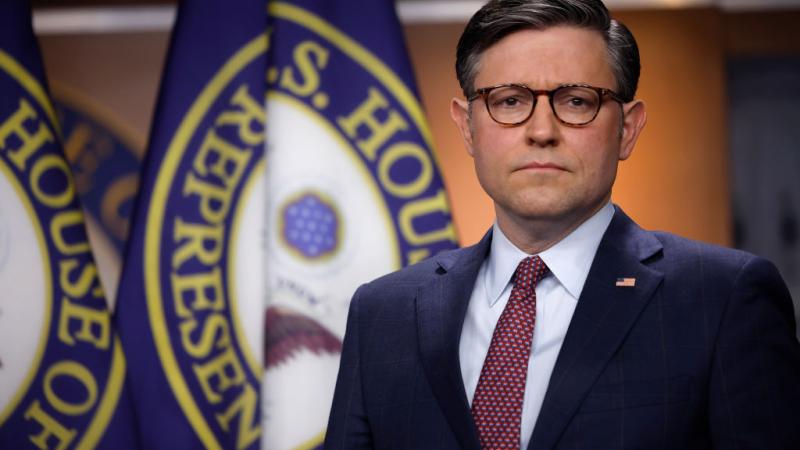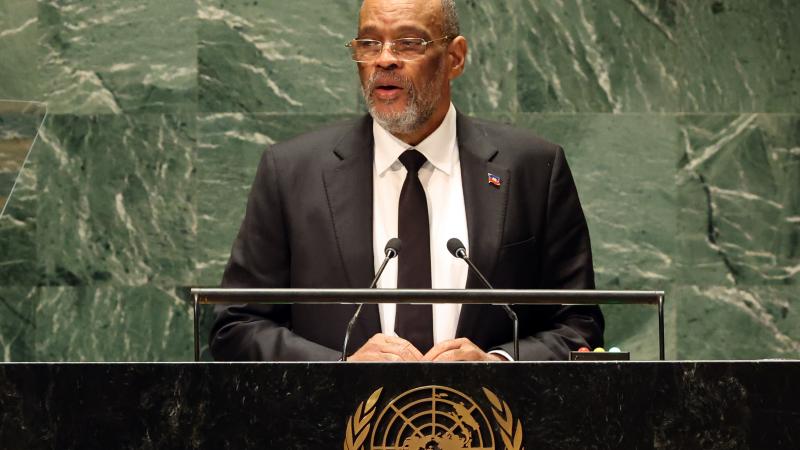COVID ground zero? The Wuhan lab-leak theory and the Fauci connection
U.S. government funding, bat coronavirus research, reports of sick workers, alleged involvement with gain-of-function experiments.
As the SARS-Cov-2 pandemic continues into its second year, few aspects of it have become as politically charged as the theories swirling around the Wuhan Institute of Virology.
That lab has been a focus of suspicion since the earliest days of the COVID-19 crisis, primarily because it's a high-level coronavirus research lab that sits just a few miles from where the Chinese government said the first known outbreak of the disease occurred in an outdoor wet market.
The seemingly improbable coincidence has led to suspicions that a risky coronavirus experiment may have been the source of an accidental leak of the virus from the lab into, first, Wuhan itself, then the wider world.
Leaders from across the globe are calling for a thorough investigation into the lab's experiments, its security protocols and its internal records. Here's what is known about the Wuhan Institute of Virology so far.
For years the lab was funded by federal research funds
Among the most controversial aspects of the Wuhan Institute of Virology's coronavirus research has been its funding from the U.S. government. In the years leading up to the pandemic, the U.S.-based nonprofit EcoHealth Alliance funneled hundreds of thousands of dollars in taxpayer funds to the WIV to study coronaviruses.
Those funds originally came from the National Institute for Allergy and Infectious Diseases. That agency, part of the National Institutes of Health, has for several decades been headed up by Anthony Fauci, one of the chief architects of the federal government's response to the coronavirus pandemic.
The federal government pulled the Wuhan funding last year at the outset of the pandemic amid the earliest fears that the WIV may have played a role in the outbreak. The Chinese government has denied that the lab had anything to do with the pandemic.
Workers at the lab reportedly became sick with COVID-like symptoms prior to pandemic
A State Department memo released just prior to the end of the Trump administration claimed that workers at the Wuhan lab became sick with hallmark COVID-19 symptoms weeks before the outbreak was first identified.
"The U.S. government has reason to believe that several researchers inside the WIV became sick in autumn 2019, before the first identified case of the outbreak, with symptoms consistent with both COVID-19 and common seasonal illnesses," the memo declared.
The memo noted that, for over a year at that point, the Chinese Communist Party had "systematically prevented a transparent and thorough investigation of the COVID-19 pandemic's origin."
The lab allegedly supplied COVID material to be used in 'gain-of-function' research
One of the key questions surrounding the Wuhan lab is whether or not it was conducting, or has ever conducted, "gain-of-function" research, a risky virological procedure in which scientists increase a virus's pathogenicity or transmissibility in order to study its pandemic potential.
The Chinese government has denied that the WIV was conducting those experiments. But at least one prominent virological expert has claimed the lab was involved with supplying coronavirus genome sequence information to be used in gain-of-function research.
Vincent Racaniello, a 40-year veteran of academic virology and a professor at Columbia University, told Just the News recently that the lab supplied bat coronavirus spike sequences to Dr. Ralph Baric, a virologist working at the University of North Carolina. Racaniello claimed that Baric was performing gain-of-function experiments with that information.
Baric did not respond to queries on the matter. His work, meanwhile, has also been funded lavishly by Fauci's NIAID over the years.
EcoHealth Alliance and Peter Daszak at the center of the puzzle
Perhaps the most prominent piece of the puzzle is the role that EcoHealth Alliance and Peter Daszak have played in funding the Wuhan lab.
Daszak, the president of EcoHealth, oversaw the funneling of the NIAID funds to the Wuhan lab for years. In a December 2019 interview with Racaniello, meanwhile, he alluded to having some undetermined role in gain-of-function research, including working with Baric at UNC, though Racaniello said the two did not collaborate directly in those experiments.
Daszak has been involved in numerous efforts to discourage or dispute claims of COVID-19's potential laboratory origin. He was one of several scientists who signed a February 2020 letter "strongly condemn[ing] conspiracy theories suggesting that COVID-19 does not have a natural origin."
Most notably, Daszak was the only U.S. representative on the team of international researchers that led the World Health Organization's COVID-19 origin investigation. That team concluded that the lab-leak theory was "unlikely." The investigators reportedly spent just one day at the Wuhan Institute of Virology.
Bipartisan effort to shine light on Wuhan lab
In recent weeks and months, a bipartisan effort in Washington has pushed for more investigation into the Wuhan lab's potential role in the pandemic.
Republicans in the House of Representatives in recent weeks asked both Fauci and Secretary of State Anthony Blinken for documentation and information related to the Wuhan Institute of Virology.
Kentucky Sen. Rand Paul, meanwhile, aggressively questioned Fauci at a Senate hearing last week, demanding to know to what extent the federal government has funded gain-of-function research in both Wuhan and in North Carolina. Fauci denied both.
Director of National Intelligence Avril Haines, meanwhile, recently suggested that the U.S. intelligence community is still considering the lab-leak theory a viable hypothesis, with officials "continuing to work on this issue and collect information."
The State Department has also signaled its unwillingness to accept the WHO's conclusion at face value, promising to do its own intel research into the matter.
Even WHO Director-General Tedros Adhanom Ghebreyesus himself has indicated that the organization still considers the lab-leak theory viable, stating after the release of the WHO investigation's conclusions: "All hypotheses remain open."


